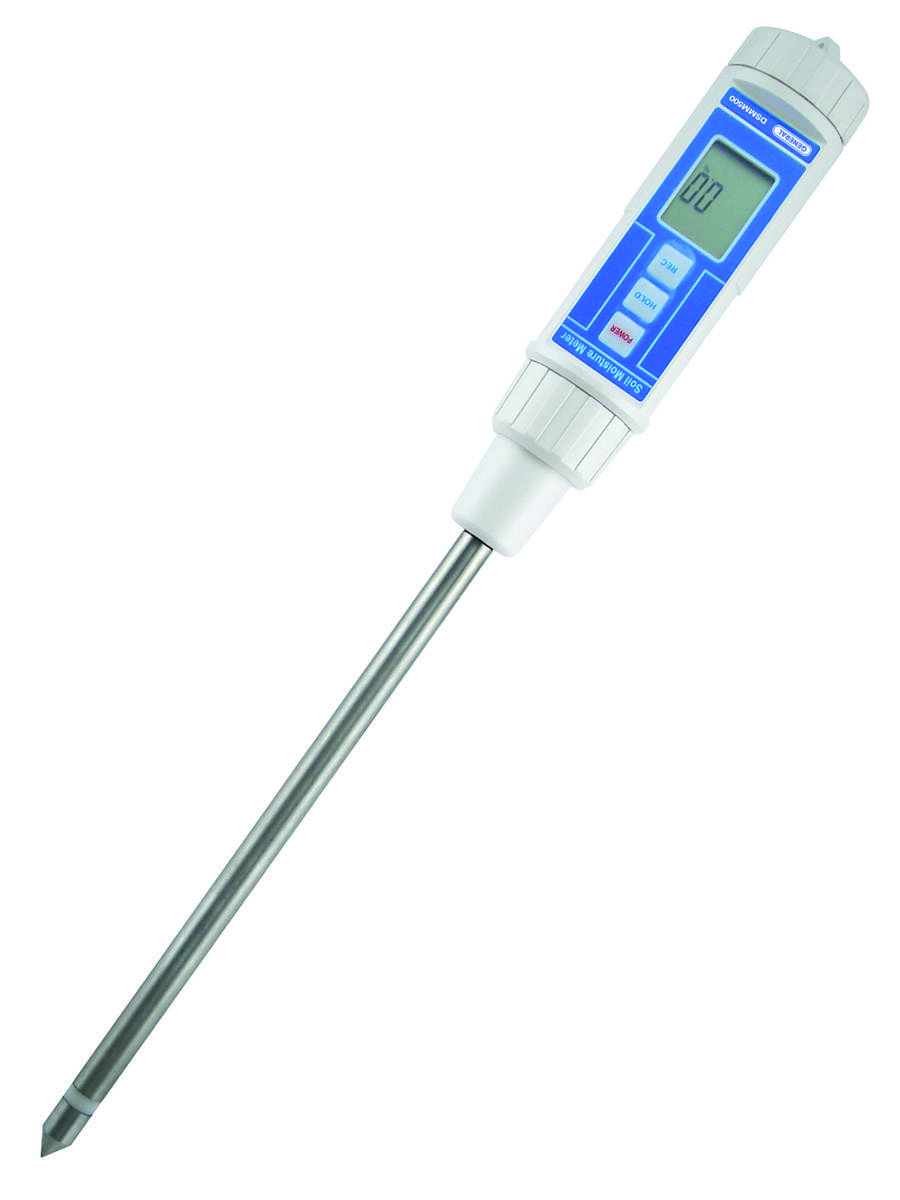The Ultimate Guide to Moisture Meters: A Comprehensive Overview and Just How They Can Conserve You Money
Dampness meters offer as important tools in finding and keeping track of moisture content in materials, helping in preventing expensive damages and making certain the quality of products. Understanding the nuances of different types of wetness meters, their applications, and the potential cost-saving advantages they use can be a game-changer for companies and experts alike.
Sorts Of Wetness Meters
One typical kind is the pin-type dampness meter, which determines the electric resistance between 2 pins inserted right into a material. Pinless dampness meters, on the other hand, usage electro-magnetic sensor plates to scan a bigger area without causing damages to the product's surface.

Infrared dampness meters measure the thermal buildings of a product to identify its dampness content non-invasively, making them useful for applications where pin or pinless meters may not be ideal. Understanding the various types of wetness meters offered can help markets pick the most appropriate device for their details wetness dimension requirements.

Benefits of Utilizing Dampness Meters
Wetness meters offer indispensable benefits in accurately examining and checking dampness degrees in varied products and environments (Moisture Meter). One of the primary advantages of utilizing wetness meters is the avoidance of prospective damages caused by excess moisture. By detecting and addressing high moisture levels early on, moisture meters aid to stop mold development, rot, and architectural damage in structures, saving both money and time on repair services. Furthermore, moisture meters help in guaranteeing the top quality of materials throughout construction or production procedures. By properly gauging dampness web content, these tools help maintain the stability of timber, drywall, concrete, and other products, minimizing the danger of failings or defects.
In addition, making use of moisture meters can lead to raised power effectiveness. By determining locations with high moisture levels, such as leaks or inadequate insulation, adjustments can be made to boost power preservation and decrease energy expenses. In farming setups, wetness meters play a critical function in enhancing crop returns by making it possible for farmers to monitor dirt wetness levels and make educated watering choices. On the whole, the benefits of utilizing dampness meters extend throughout different industries, offering affordable solutions and promoting far better top quality control techniques.
Just How to Select the Right Dampness Meter
When picking a wetness meter, it's essential to make sure that the meter is ideal for the specific material you will certainly be testing. Different materials have differing electrical homes that can affect moisture analyses, so choosing a meter designed for your product is crucial for precise results. By carefully reviewing these aspects, you can pick a dampness meter that satisfies your needs and provides exact dampness measurements for your jobs.
Appropriate Methods for Wetness Meter Use

Cost Cost Savings With Wetness Meter Applications
Exactly how can the critical usage of wetness meters result in considerable price savings across various markets? Dampness meters play an important function in expense savings by preventing potential damages and making sure high quality control in different markets. In the agriculture industry, dampness meters help in establishing the optimum time for gathering plants, avoiding excess or over-drying dampness that can impact the final item's high quality. This specific tracking assists farmers prevent unneeded losses and maximize their return.
Likewise, in construction, moisture meters aid prevent expensive damages by spotting wetness levels in building materials, such as wood or concrete, which can bring about architectural issues if not resolved without delay. By recognizing issue locations at an early stage, professionals can take corrective procedures to prevent pop over to these guys extensive repair services or substitutes, inevitably saving money and time.
In addition, in the food handling sector, wetness meters are vital for monitoring product quality and ensuring conformity with safety regulations. By precisely measuring wetness content in foodstuff, manufacturers can protect against perishing, maintain freshness, and decrease waste, leading to substantial price savings. In general, the tactical application of moisture meters is a useful investment that can bring about considerable expense decreases and enhanced efficiency throughout different sectors.
Conclusion
In conclusion, moisture meters are valuable devices for measuring and detecting moisture levels in different materials. By making use of the ideal wetness meter and adhering to correct methods, customers can properly avoid costly problems created by excess dampness.
Moisture meters offer as essential devices in discovering and keeping an eye on moisture content in products, helping in visit our website stopping costly problems and ensuring the quality of products. Infrared dampness meters gauge the thermal residential properties of a product to determine its moisture content non-invasively, making them helpful for applications where pin or pinless meters might not be ideal.Dampness meters provide invaluable benefits in accurately evaluating and keeping an eye on wetness degrees in varied products and settings. In agricultural settings, dampness meters play an important function in enhancing plant yields by enabling farmers to keep track of dirt moisture degrees and make educated watering decisions.In verdict, dampness meters are useful devices for identifying and gauging moisture levels in different products.